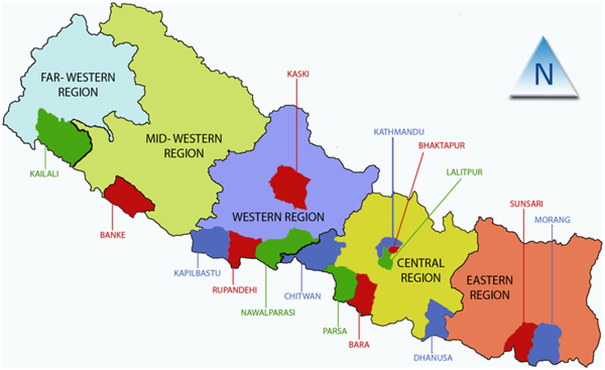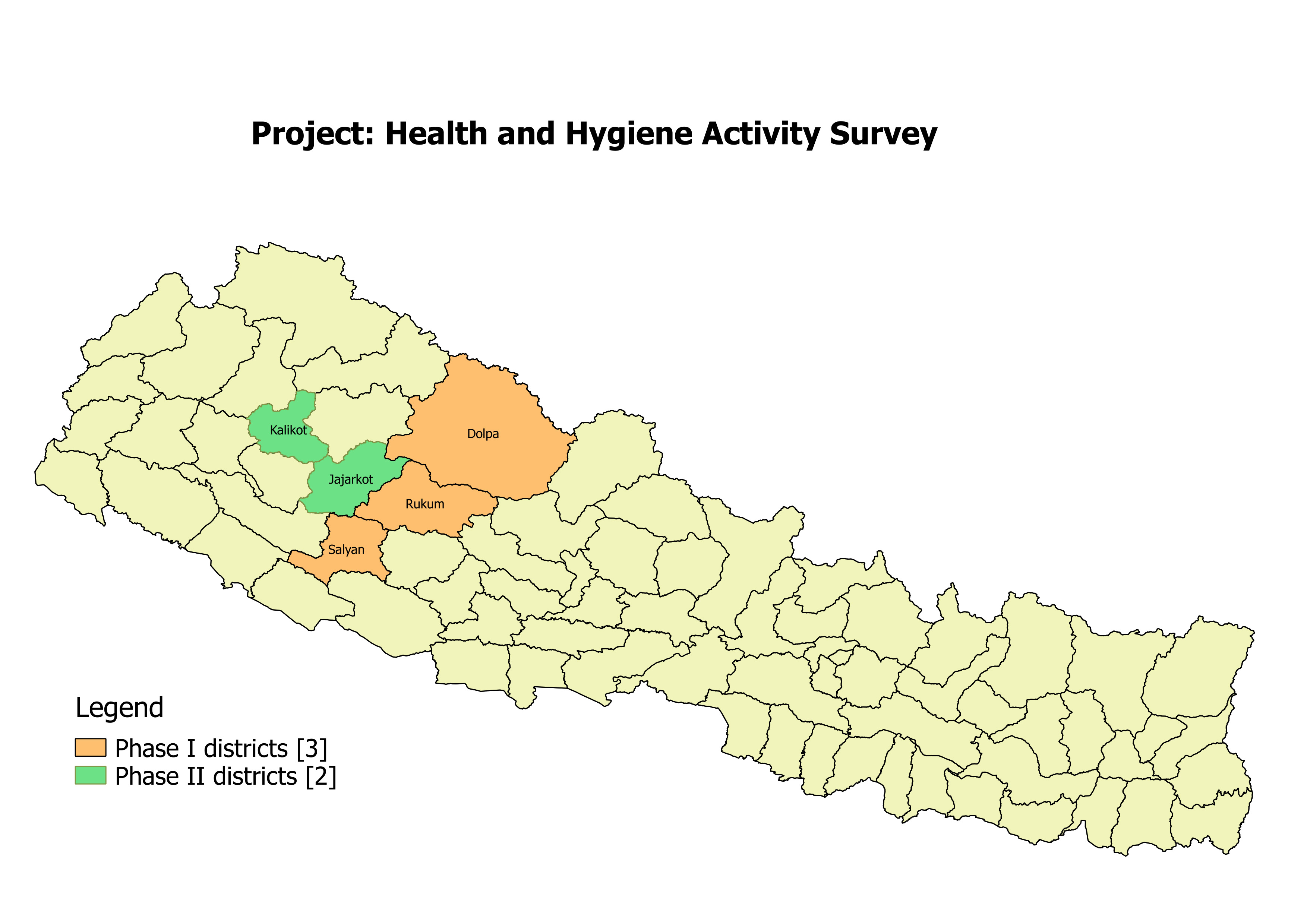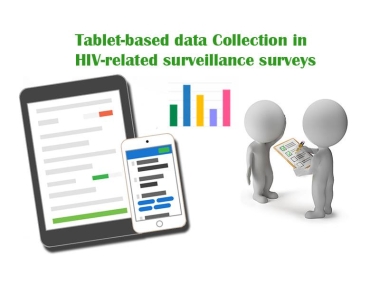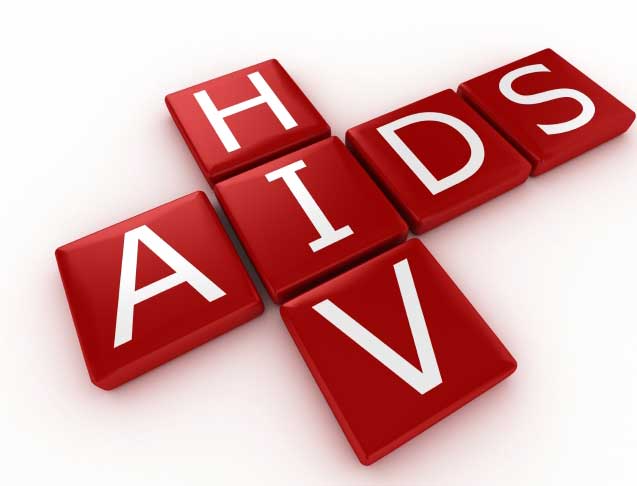
- Period: 2009-2011
Abstract
BACKGROUND:
Men who have sex with men (MSM) are marginalized, hidden, underserved and at high risk for HIV in Nepal. We examined the association between MSM sub-populations, psychosocial health problems and support, access to prevention and non-use of condoms.
METHODS:
Between September-November of 2010, a cross-sectional survey on HIV-related risk behavior was performed across Nepal through snowball sampling facilitated by non-governmental organizations, recruiting 339 MSM, age 15 or older. The primary outcomes were: (a) non-use of condoms at least once in last three anal sex encounters with men and (b) non-use of condoms with women in the last encounter. The secondary outcome was participation in HIV prevention interventions in the past year.
RESULTS:
Among the 339 MSM interviewed, 78% did not use condoms at their last anal sex with another man, 35% did not use condoms in their last sex with a woman, 70% had experienced violence in the last 12 months, 61% were experiencing depression and 47% had thought of committing suicide. After adjustment for age, religion, marital status, and MSM subpopulations (bisexual, ta, meti, gay), non-use of condoms at last anal sex with a man was significantly associated with non-participation in HIV interventions, experience of physical and sexual violence, depression, repeated suicidal thoughts, small social support network and being dissatisfied with social support. Depression was marginally associated with non-use of condoms with women. The findings suggest that among MSM who reported non-use of condoms at last anal sex, the ta subgroup and those lacking family acceptance were the least likely to have participated in any preventive interventions.
CONCLUSIONS:
MSM in Nepal have a prevalence of psychosocial health problems in turn associated with high risk behavior for HIV. Future HIV prevention efforts targeting MSM in Nepal should cover all MSM subpopulations and prioritize psychosocial health interventions.
Area: 15 districts of Nepal.
Funded by: Norwegian Embassy, Nepal. Project findings: For more details, please follow the link -




